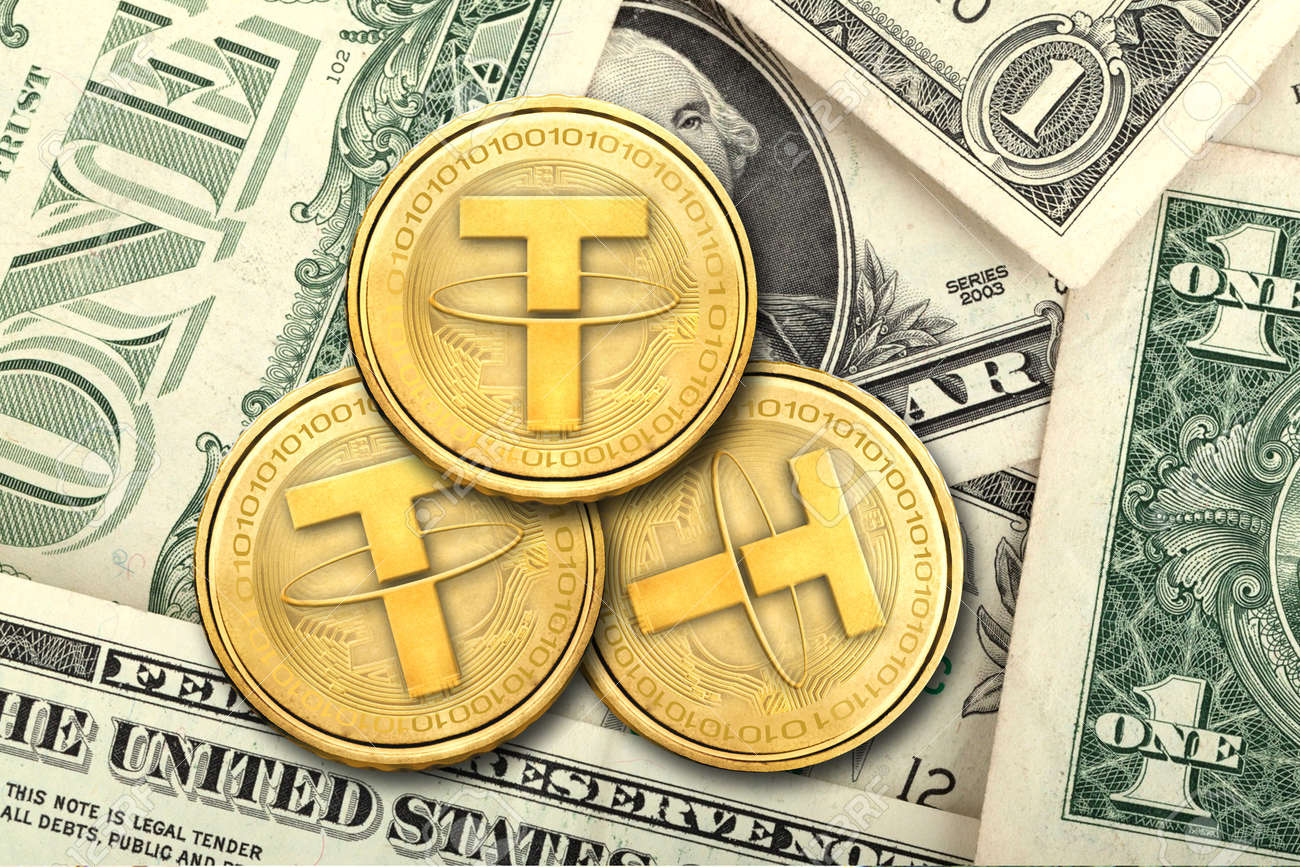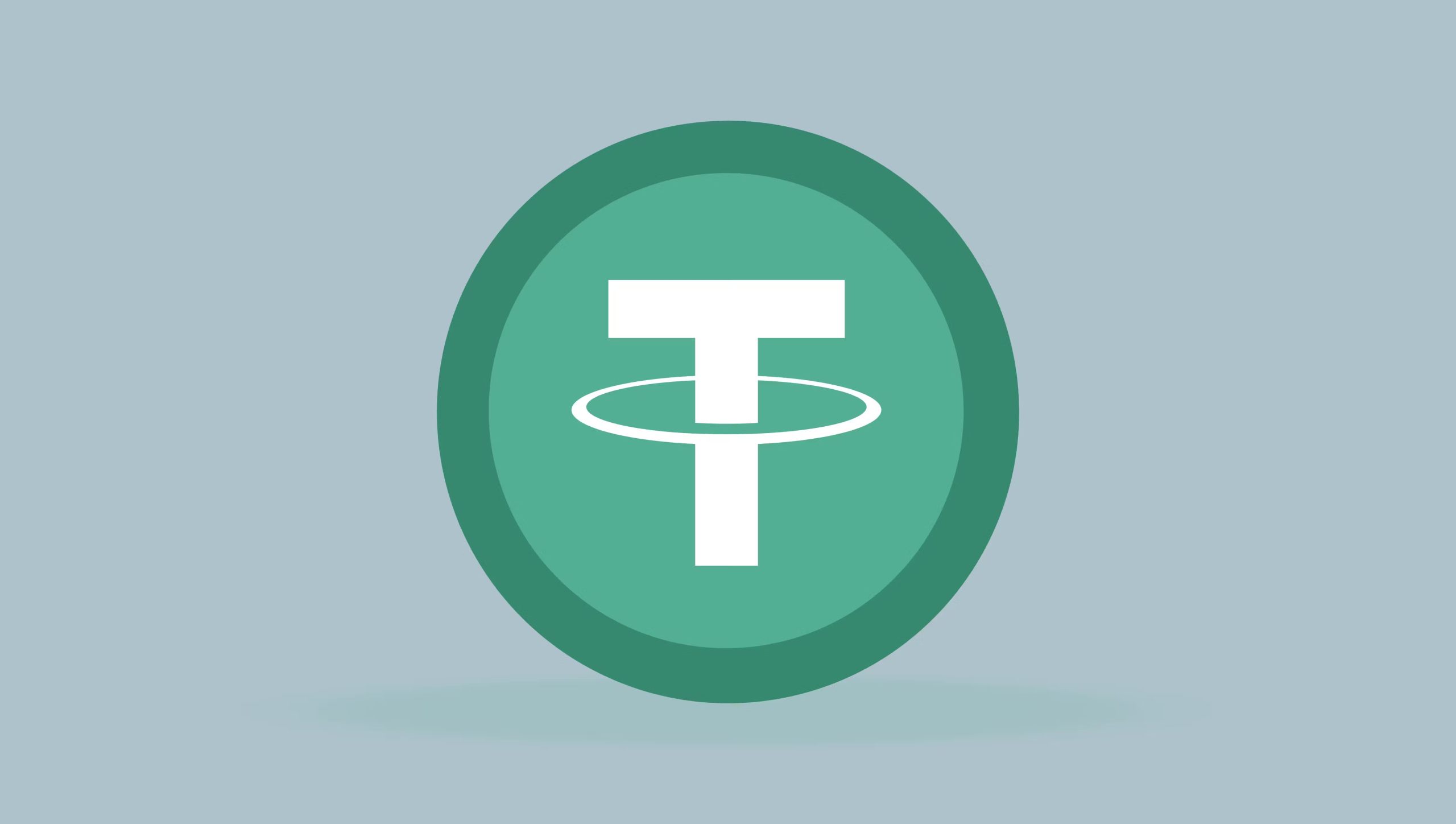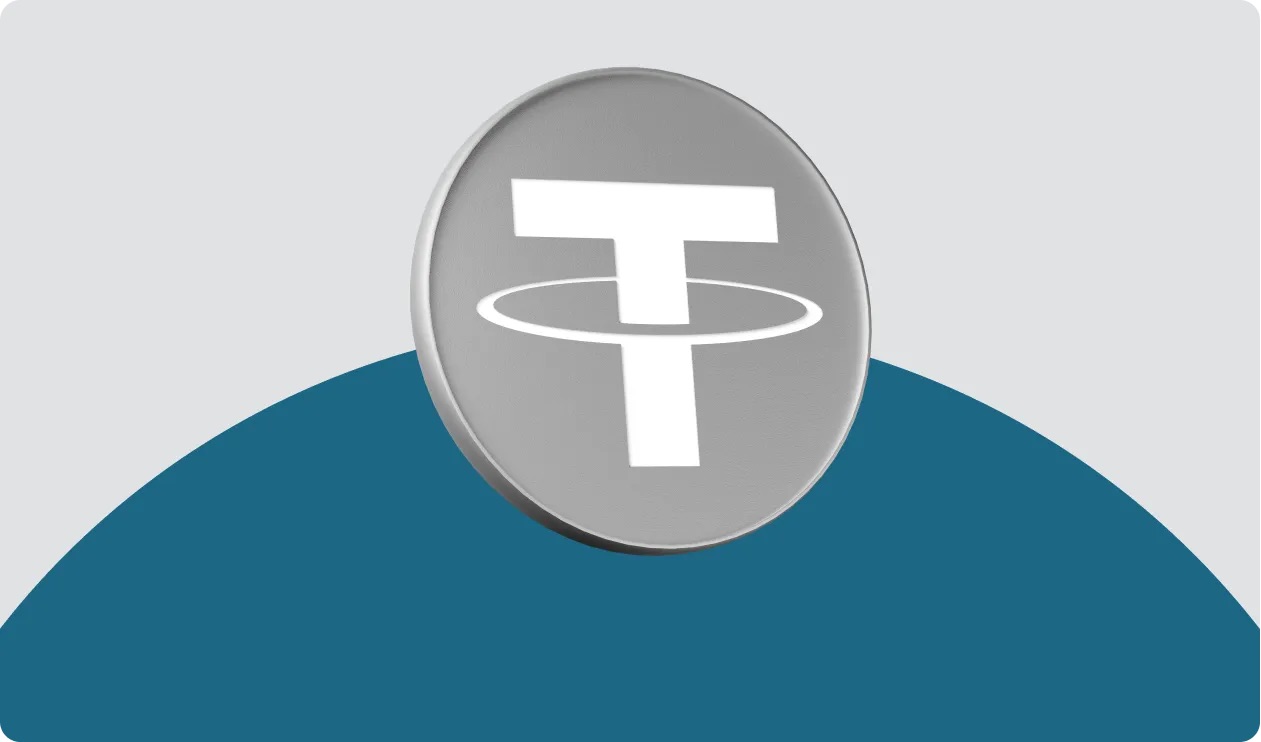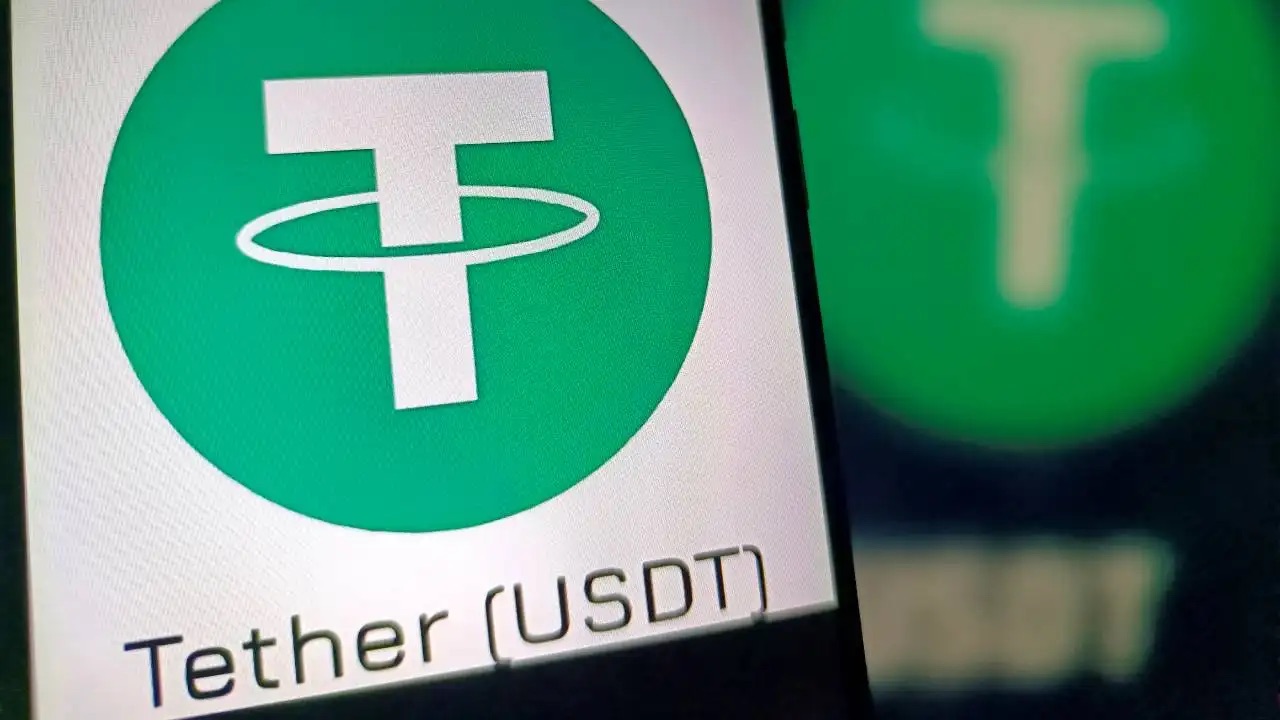Jeremy Allaire, co-founder of stablecoin issuer Circle, recently argued in an interview with Bloomberg that issuers of dollar-pegged cryptocurrencies supporting digital asset market transactions should be registered in the United States. A new regulatory battle over stablecoins is quietly unfolding.
Circle Calls for Stablecoin Issuers to Register in the U.S.
Recently, stablecoins have become a focal point of cryptocurrency industry regulation in the U.S., as related legislation could be one of the policy priorities of the current Trump administration. Republican Senator Bill Hagerty from Tennessee proposed a bill earlier this month to establish a regulatory framework for stablecoins. Additionally, former U.S. President Donald Trump has expressed his commitment to making the U.S. a global hub for cryptocurrencies.
Regarding this legislation, Circle CEO Jeremy Allaire argued that stablecoin regulation should align with U.S. laws and that certain companies should not be allowed to bypass these regulatory standards. Allaire stated that regardless of whether a company is registered overseas, if it wants to offer a dollar-pegged stablecoin in the U.S., it should register in the country like other businesses to ensure consumer protection and financial integrity.
On the other hand, Circle’s Chief Strategy Officer, Dante Disparte, recently called on the government to accelerate the formulation of relevant laws in an interview with The Information. He emphasized that stablecoins, whether issued domestically or internationally, should be treated fairly. Disparte stressed the need to create a fair market environment to support the development of stablecoins and ensure these financial products continue to receive backing from banks and regulatory systems. Of course, the “fairness” here clearly implies that overseas countries should adhere to the same regulatory standards as Circle and other domestic entities.
Tether CEO: Competitors Just Want to Eliminate Us
Responding to Circle’s apparent strategy, Paolo Ardoino, CEO of Tether (USDT), which recently announced its headquarters relocation to El Salvador, stated on social media platform X:
“Our competitors’ business model should be to build better products and stronger distribution networks, but their real goal is to ‘eliminate Tether.'”
Ardoino further pointed out that this view is an open secret among many insiders and observers who have interacted with the U.S. government.
The Regulatory Battle Over Stablecoins
Meanwhile, Vance Spencer, founder of Framework, also commented that a new regulatory battle is unfolding in Washington, D.C.
“The upcoming stablecoin bill amendment seems to include a provision that would prohibit international centralized stablecoin issuers from entering the U.S. Treasury market—this is utterly insane!”
Spencer believes this is an attempt by U.S. domestic financial institutions to use regulatory means to squeeze out international competitors, but it also completely undermines U.S. national interests. Restricting hundreds of billions of dollars in demand for U.S. Treasury bonds will not help the U.S. maintain global dollar hegemony or address national debt issues; instead, it will have negative consequences.
Spencer emphasized that the largest stablecoins by market capitalization are primarily issued by overseas institutions, with demand mainly coming from abroad. This reality will not change due to U.S. regulatory policies. If the U.S. continues to take a hostile stance toward stablecoins, the ultimate result will be similar to Europe’s approach to artificial intelligence (AI), effectively eliminating itself from the game.
“If the future of stablecoins remains dollar-based, the only way forward is to allow more diverse stablecoin issuers to compete and develop, while preventing those who try to monopolize the market through regulation.”






